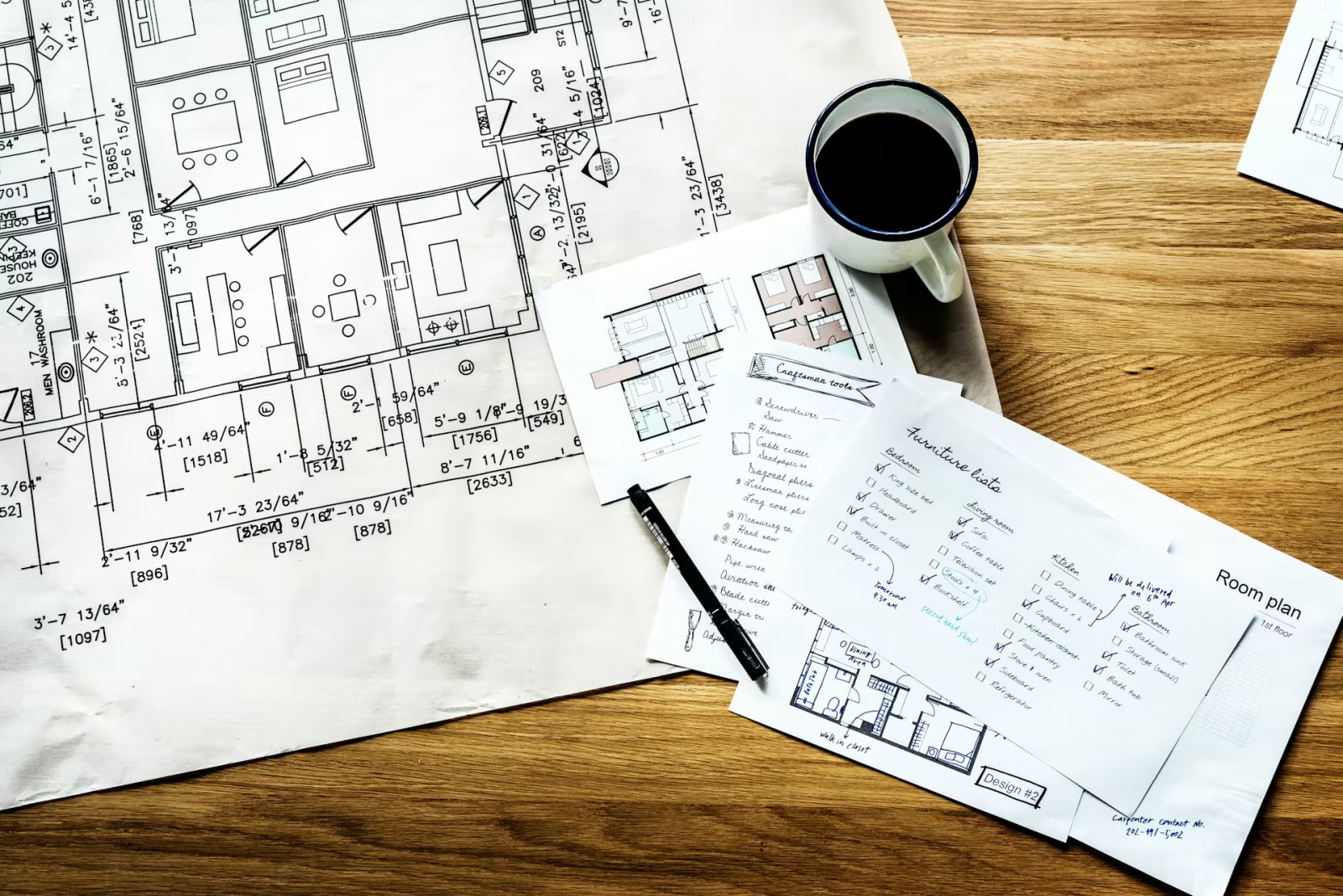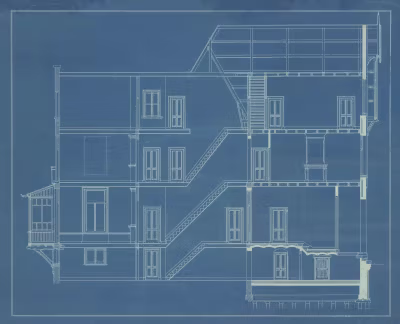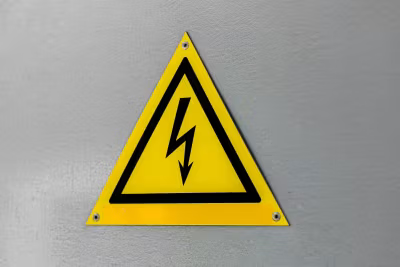Building Code & Safety Violations

Every construction project in Colorado must comply with state and local building codes designed to ensure safety, durability, and proper performance. When builders cut corners or ignore these standards, homeowners often pay the price through water damage, electrical hazards, or structural failures. Code violations are more than paperwork mistakes—they’re clear indicators that the work was not performed to accepted standards of care.
Why Building Codes Matter
Building codes exist to protect homeowners from unsafe or substandard construction. They set minimum requirements for structural integrity, electrical systems, fire safety, energy efficiency, and overall habitability. In Colorado, most jurisdictions adopt versions of the International Building Code (IBC) and International Residential Code (IRC), along with local amendments that address regional risks like expansive soils, snow loads, and wind exposure.
When builders or subcontractors fail to obtain permits, skip required inspections, or deviate from these codes, the work may appear complete but contain serious hidden dangers. Over time, these violations can lead to foundation movement, electrical fires, plumbing leaks, and life-safety hazards that could have been prevented with proper compliance.
Common Types of Code and Safety Violations
Unpermitted work or failure to schedule required inspections
Improper foundation or framing design not built to load-bearing standards
Electrical wiring installed without required breakers or grounding
Missing smoke detectors or inadequate fire separation between units
Plumbing systems lacking proper venting or backflow protection
Insufficient egress windows or stairway dimensions that violate safety code
Decks or balconies constructed without required support or flashing
Each of these violations represents a failure to meet minimum safety expectations—and often a breach of contract and negligence under Colorado law.
Who Is Responsible
Responsibility for code compliance falls on multiple parties. Contractors and subcontractors must perform work in accordance with adopted codes and obtain necessary permits and inspections. Developers and builders are responsible for ensuring that the project as a whole meets legal and design requirements. Design professionals, including architects and engineers, must ensure their plans conform to applicable building regulations.
When violations cause property damage or safety hazards, homeowners have the right to bring claims under the Colorado Construction Defect Action Reform Act (CDARA). Establishing a code violation provides strong evidence that the work was performed negligently or in breach of contract.
How Hollington Law Firm Can Help
At Hollington Law Firm, we represent Colorado homeowners who have discovered that their homes were built or remodeled in violation of building or safety codes. We work with licensed inspectors, engineers, and code officials to document violations and determine how they contributed to your property’s damage. Our firm uses this evidence to hold builders, contractors, and developers accountable for repairs, costs, and damages under Colorado law.
Whether your case involves unpermitted work, missing inspections, or dangerous construction practices, we help you understand your rights, navigate the legal process, and pursue the compensation needed to bring your home into compliance and restore your peace of mind.
Contact Us
If you suspect your home was built without required permits or in violation of code, contact Hollington Law Firm to schedule a consultation. We’ll help you uncover the truth, determine who is responsible, and take the necessary steps to ensure your home meets the standards it should have met from the start.
Have Questions About Your Case?
Schedule a free 15-minute screening call to discuss your construction defect or property damage claim with our experienced attorneys.



